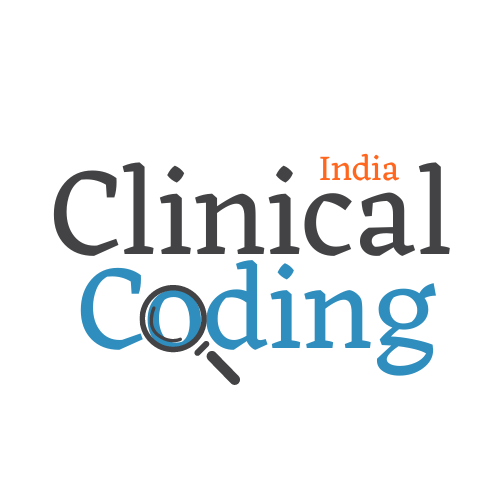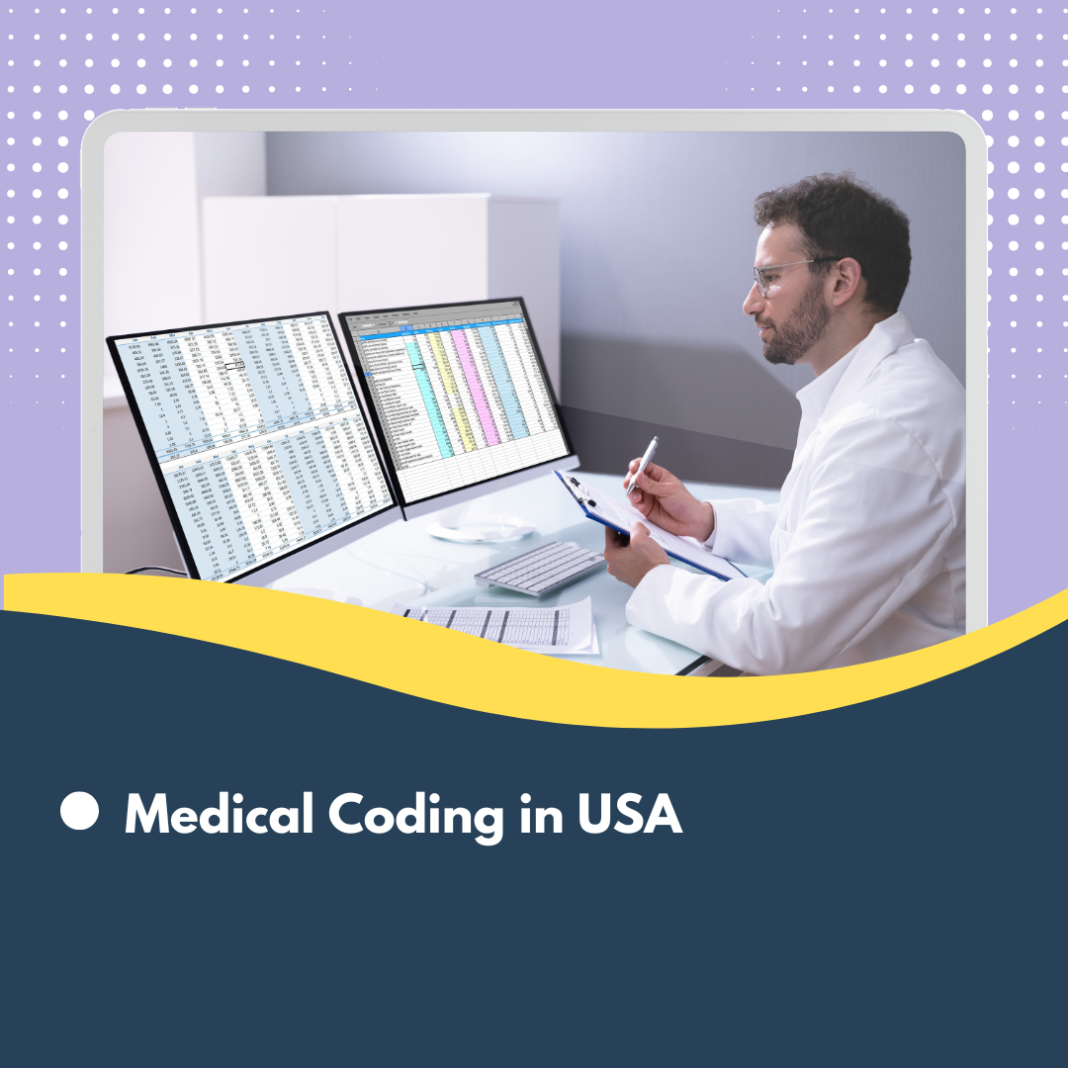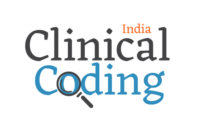Introduction
In the intricate world of healthcare, accurate and standardized data play a critical role in ensuring effective communication, efficient billing processes, and reliable research outcomes. At the heart of this data-driven ecosystem lies the profession of medical coding—a vital function that bridges the gap between clinical documentation and the language of healthcare information systems. Let’s delve into the details of medical coding in the United States, exploring the various coding systems, as well as the certifications offered by reputable organizations:
The Significance of Medical Coding:
Health Data Management
Medical coding generates crucial health data that is integral to health information management. This data is utilized by local and national governments, private healthcare organizations, and international agencies for various purposes, including medical and health services research, epidemiological studies, health resource allocation, case mix management, public health programming, medical billing, and public education.
Standardized Code Systems
Medical coders employ standardized code systems to accurately represent medical diagnoses, procedures, pharmaceuticals, and topography. Commonly used code sets include the International Classification of Diseases (ICD), Healthcare Common Procedural Coding System (HCPCS), Current Procedural Terminology (CPT), and Procedure Coding System (PCS). These codes allow for consistency and interoperability across healthcare providers, facilitating efficient communication and reimbursement processes.
Insurance Reimbursement
Standardized codes enable insurance providers to map equivalencies across different healthcare service providers who may use diverse terminologies or abbreviations in their claims forms. This mapping ensures accurate reimbursement of fees and expenses, streamlining the financial aspects of healthcare delivery.
Specialized Coding
Medical coding encompasses various specialties, such as cardiology, gastroenterology, nephrology, neurology, pulmonology, orthopedic care, oncology (ICD-O), and dentistry (D codes). These specialty-specific coding systems provide further specificity and accuracy in documenting medical procedures and diagnoses.
Types of Classifications:
International Classification of Diseases, Tenth Revision, Clinical Modification (ICD-10-CM)
- ICD-10-CM is a coding system used to capture diagnoses and medical conditions.
- It provides an extensive list of codes and descriptors for accurately representing a patient’s illness or injury.
- ICD-10-CM codes facilitate effective communication between healthcare providers, insurance companies, researchers, and other stakeholders.
Healthcare Common Procedure Coding System (HCPCS)
- HCPCS is primarily used for billing purposes in the United States.
- It includes codes for durable medical equipment, supplies, drugs, and other healthcare services not covered by Current Procedural Terminology (CPT) codes.
- HCPCS codes are essential for insurance reimbursement and play a crucial role in medical billing and claims processing.
Current Procedural Terminology (CPT)
- CPT codes, developed by the American Medical Association (AMA), describe medical procedures and services provided by healthcare professionals.
- They provide a standardized language for documenting and reporting medical procedures.
- CPT codes facilitate accurate billing, communication between healthcare providers and payers, and data analysis.
Procedure Coding System (PCS)
- PCS codes are used specifically for inpatient procedures in hospital settings.
- The ICD-10-PCS coding system allows for detailed reporting of inpatient procedures.
- It provides comprehensive information on the services rendered during a hospital stay.
The Role of a Clinical Coder
- A clinical coder requires a diverse skill set and knowledge base, including:
- Proficiency in medical terminology, anatomy, and physiology.
- Sound understanding of clinical procedures, diseases, injuries, and other medical conditions.
- Familiarity with medical illustrations, clinical documentation (e.g., medical or surgical reports, patient charts), and legal and ethical aspects of health information.
- Knowledge of health data standards, classification conventions, and computer- or paper-based data management.
- Formal education and/or on-the-job training in medical coding.
The Coding Process
Abstraction: Clinical coders analyze complete health encounter records, including clinical notes, laboratory and radiology results, and operation notes. They identify the patient’s conditions, causes, and treatments, extracting relevant information for coding purposes.
Assignment: During the assignment phase, coders select appropriate codes from classification systems based on the abstraction. They enter these codes into the designated data management system used for collecting coded information.
Review: Reviewing the assigned code set is crucial to ensure accuracy and completeness. Clinical coders assess whether the codes adequately represent the patient’s health encounter and verify their alignment with diagnosis-related groupings (DRGs) for funded cases.
Certification and Professional Associations
Clinical coders often pursue certifications offered by professional associations, validating their expertise and enhancing their professional standing. The two prominent organizations in the field of medical coding are:
American Academy of Professional Coders (AAPC): AAPC provides certifications such as Certified Professional Coder (CPC) for outpatient settings, Certified Inpatient Coder (CIC) for inpatient settings, and specialized coding credentials for various medical specialties.
American Health Information Management Association (AHIMA): AHIMA offers certifications including Certified Coding Specialist (CCS)
Certification from AAPC or AHIMA demonstrates a coder’s mastery of medical coding principles and guidelines, increasing their employability and credibility in the industry. These certifications require candidates to pass rigorous exams and adhere to professional ethics. By earning AAPC’s CPC or AHIMA’s CCS certification, clinical coders exhibit their commitment to upholding the highest standards of accuracy, compliance, and proficiency in medical coding.
Required Skills and Ethical Standards
- Medical coding demands a comprehensive skill set, including technical expertise, analytical skills, attention to detail, and a deep understanding of coding systems and guidelines.
- Coders must stay updated with the evolving coding guidelines and regulations to ensure accurate and compliant coding practices.
- They play a vital role in maintaining the accuracy, integrity, and interoperability of healthcare data, supporting high-quality patient care and advancements in medical knowledge.
- Ethical standards, such as patient confidentiality and privacy, are integral to the medical coding profession. Coders must adhere to strict ethical guidelines to protect patient information and maintain professional integrity.
Conclusion:
Medical coding is an indispensable component of efficient healthcare delivery. Through the use of standardized code systems like ICD-10-CM, HCPCS, CPT, and PCS, medical coders ensure accurate documentation, effective communication, and streamlined reimbursement processes. With certifications from reputable organizations like AAPC and AHIMA, clinical coders demonstrate their expertise and dedication to maintaining the integrity and quality of health data management. By understanding the vital role of medical coding, healthcare organizations can optimize their operations, improve patient care, and contribute to the overall advancement of the healthcare industry.






